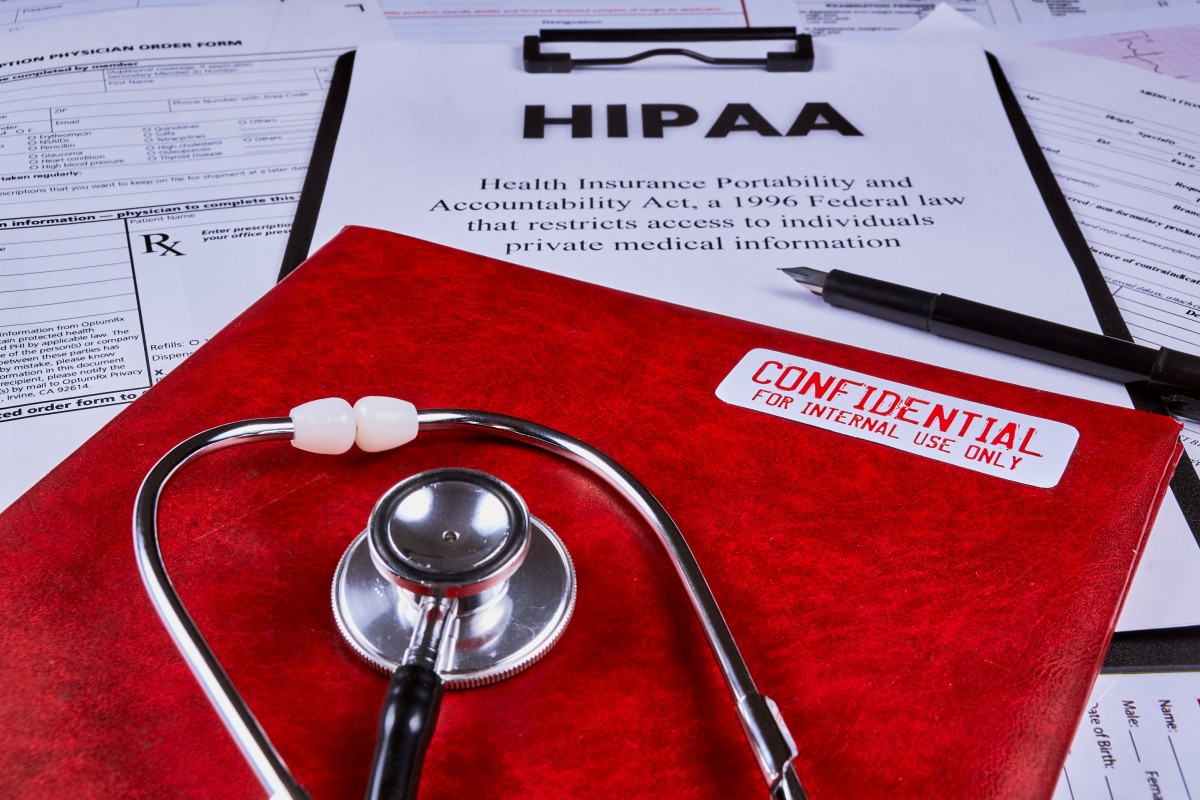Using Patient Education Videos to Support Preventive Care Strategies
As a healthcare provider, you know prevention saves lives. From routine screenings and lifestyle counseling to vaccinations and early detection,...
 Few things changed healthcare quite like the digital transformation of modern business. Yet, we all know that, with the potential for improved patient care and outcomes via information sharing and easily accessible records, there also came considerable risk. In fact, that’s precisely why HIPAA laws were created– to protect vulnerable information and patient privacy while enabling the physicians and dentists to leverage available data.
Few things changed healthcare quite like the digital transformation of modern business. Yet, we all know that, with the potential for improved patient care and outcomes via information sharing and easily accessible records, there also came considerable risk. In fact, that’s precisely why HIPAA laws were created– to protect vulnerable information and patient privacy while enabling the physicians and dentists to leverage available data.
But laws don’t inherently make us safe and simple compliance doesn’t secure our data. Attaining and maintaining true data security and patient privacy is an ongoing process that requires understanding, evaluation, and action.
Quick Link
HIPAA security rules can be daunting, especially to those not well-versed in the security or IT space. However, it’s important for dentists, physicians, and practice managers to understand the overarching requirements to ensure the security of their data and the safety of their practice.
The guiding principle behind HIPAA security requirements is to keep patient data, such as electronic health records (EHR), secure in transit and at rest. Data in transit includes both internal and external communications and file transfers. At rest includes storage. However, it’s also vital to keep patient records and Protected Health Information (PHI)secure while in use as well.
Further, HIPAA security requirements insist upon multiple layers of security ranging from administrative, such as data governance policies and procedures, to logical and physical security mechanisms. Logical security mechanisms would include technological safeguards such as encryption and firewalls. Physical security includes limiting physical access to terminals and servers where patient data is stored.
 Understanding HIPAA Security Risks
Understanding HIPAA Security RisksHIPAA security risks are a real concern for healthcare providers and patients alike. Most providers work fairly diligently to implement the necessary security measures to protect patient data. However, as technology advances, so do the ways that hackers can exploit vulnerabilities in security systems. And as more and more of our healthcare communications become digital, the risk of a data breach increases exponentially.
However, one of the biggest issues is that, because security is often not an area of expertise for physicians, dentists, or their teams, mistakes can be made. For example, HIPAA compliant and HIPAA secure are not the same.
As noted above, understanding where you and your practice may be vulnerable is essential not just meeting compliances but also to mitigating any risks. For many organizations, a HIPAA risk assessment is a key component to understanding individual security risks. There are, however, some more common risks to be aware of:
 How to Reduce Your HIPAA Security Risk
How to Reduce Your HIPAA Security RiskObviously, the first step is educating yourself and making your team aware of potential security risks. However, one of the greatest tools you have at your disposal is a HIPAA security risk assessment performed by a team of IT and security professionals.
Risk assessments provide a baseline assessment of existing security strength as well as a prioritized and strategic plan for improving your security. Often, they include:
Successful security takes prioritizing security measures and establishing it as a core value of your operation. That’s why iCoreConnect offers comprehensive security support in all of our healthcare workflow platforms. In fact, our team of experts is prepared to review, revise, and advise, to help you ensure HIPAA compliance and security.
We are proud to offer iCoreHIPAA, a cloud-based risk assessment tool that provides:
We also offer iCoreExchange HIPAA compliant, secure email that’s never been hacked. Ever.
In addition to the peace of mind it brings when sharing PHI, iCoreExchange:
We value security and we’re sure you do too. Our team is ready to talk to you when you’re ready to prioritize HIPAA compliance and security. Reach out today and let’s make sure you, your patients, and your practice are protected.

As a healthcare provider, you know prevention saves lives. From routine screenings and lifestyle counseling to vaccinations and early detection,...

There’s no denying that the AI boom is here. The American Medical Association reports that 66% of physicians are currently using artificial...

If only managing your practice’s revenue cycle came with a crystal ball. You could spot claim denials before they happen, predict when patients might...

Just as no man is an island, no healthcare provider is either. When it comes to holistic healthcare, patients often have a team of providers,...

When patients come into your practice, your business team has them fill out a lot of paperwork, whether manually or digitally. The data provided...

Most healthcare practices wouldn’t dream of forgoing malpractice insurance. It’s a necessity to keep a practice safe. And yet, many practices take a...